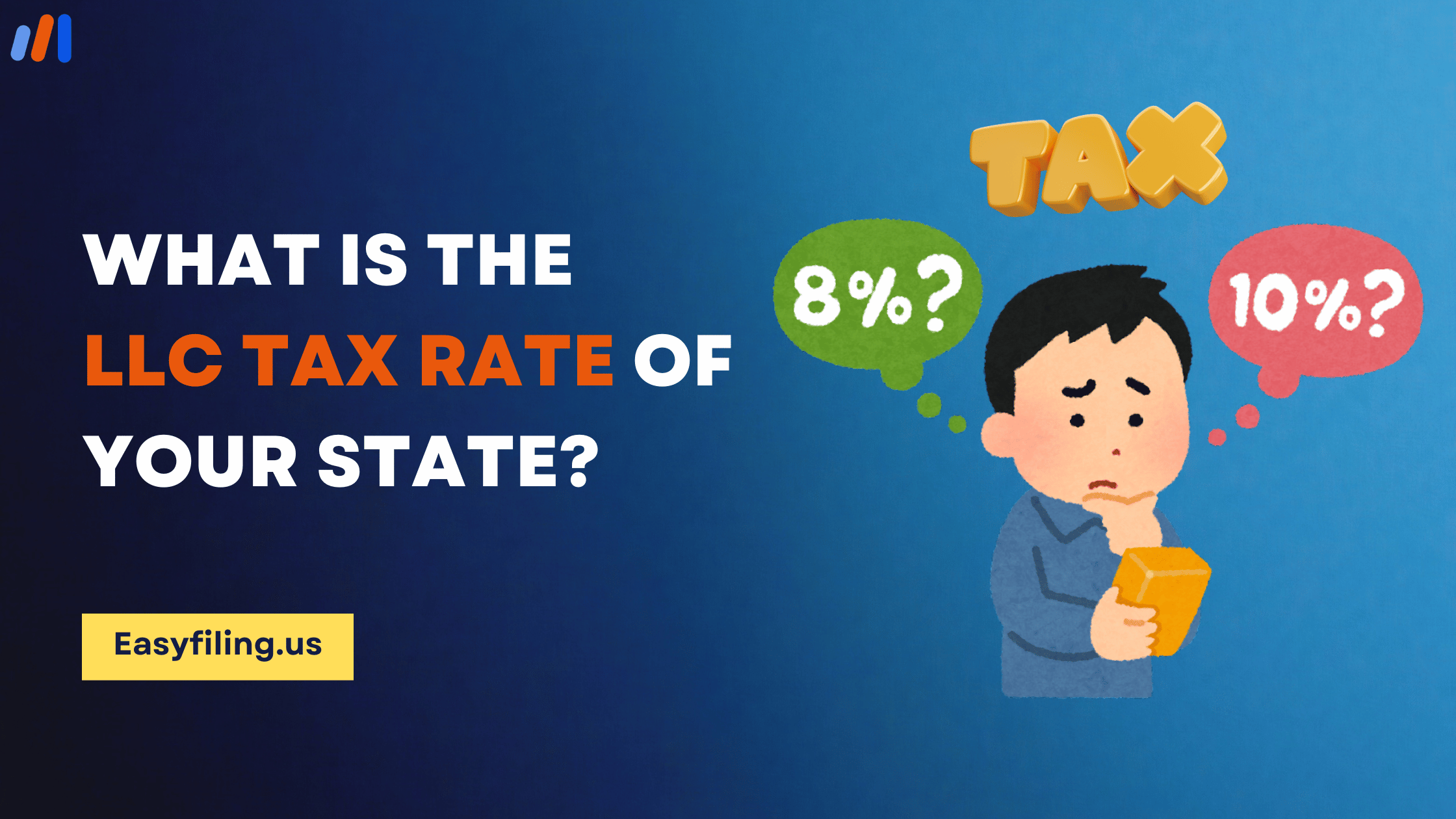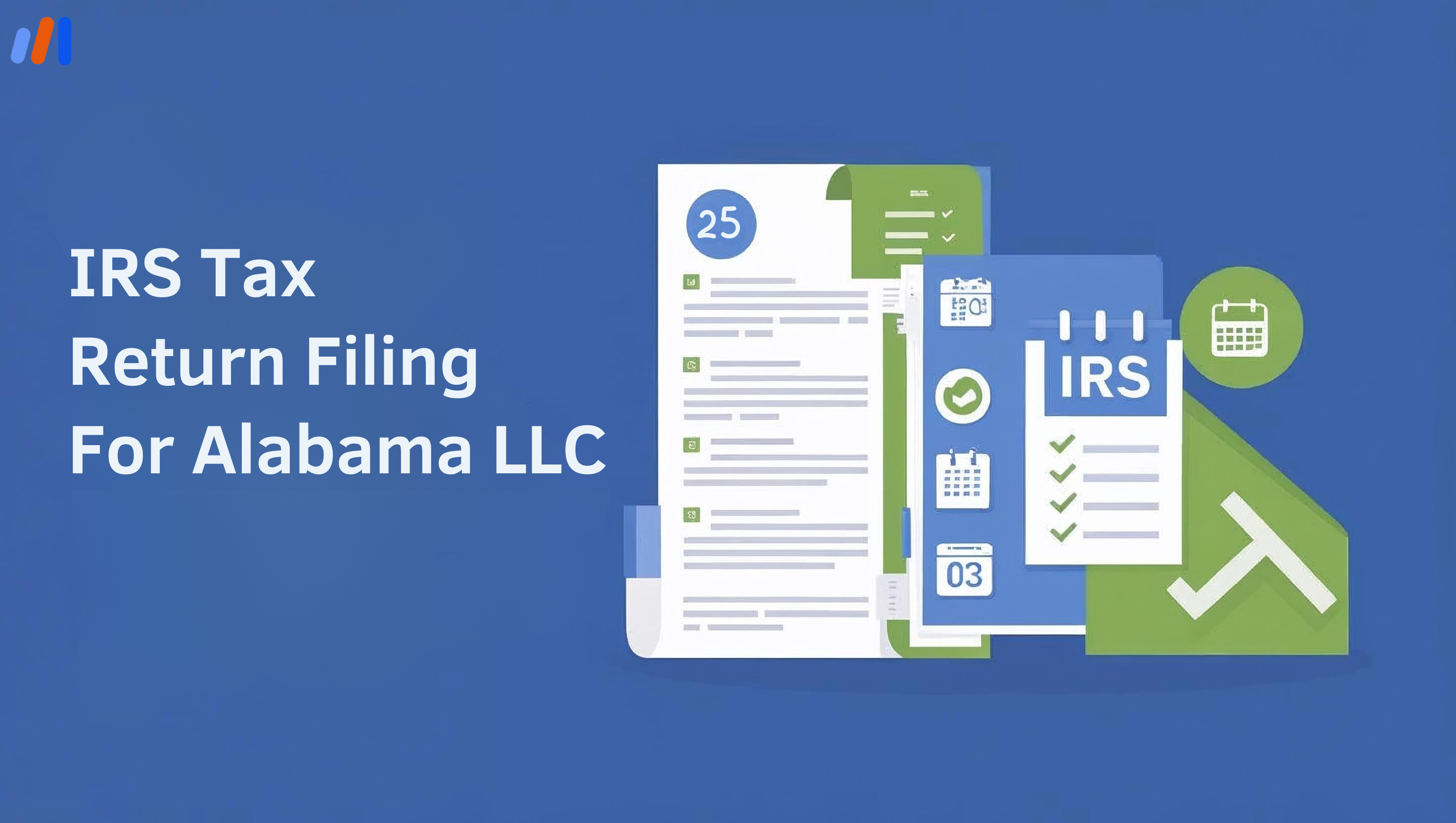For many businesses, be it smaller or larger ones, the most important challenge is looking after the financial health of the organization. A larger organization comes with many more complex financial and legal requirements.
While several small business owners prefer to do the job of handling the accounts on their own or using simple accounting packages, bringing in a CPA offers a more strategic perspective that is beyond the day-to-day bookkeeping.
CPAs are professionals who are skilled and trained in various aspects, including but not limited to financial management, tax, and tax law, as well as auditing and planning, and thus are enabled to add value to the business regardless of its size.
No matter if it is your first tax season as a startup, you are a small business in need of cash flow improvement, or if you are an established firm about to go big, a CPA would be of help in areas that are crucial for your business’s success.
CPAs help in saving businesses time and money, through effective tax planning and compliance and by developing long-term growth strategies.
When Do You Need a CPA for Your Business?
There are several phases during your business experience when you will require a CPA for your business, and it is very helpful to have one as there are different complexities regarding finances and the law in the business. A CPA is most beneficial during the following instances:
1. Business Formation
Entity Selection: A CPA will help determine the most suitable business structure for your company and its tax-owing aspects (LLC, S-Corp, C-Corp).
Tax ID & Registrations: They help in getting necessary tax ID numbers and learning about the various obligations imposed by federal and state bodies.
2. Financial Planning & Budgeting
Setting Up Financial Systems: A CPA will also help install the accounting packages and set up the bookkeeping system in the right way.
Cash Flow Management: These specialists give cash flow figures for decision-making to ensure that there is always a smooth equilibrium between the inflow and outflow of revenues.
3. Tax Preparation & Compliance
Annual Tax Filing: With their sufficient knowledge of regulatory authorities, CPAs are advantageous in meeting tax compliance deadlines as they know the correct amounts to be claimed as deductions and credits.
Estimated Tax Payments: They provide help with quarterly tax estimates, allowing one to avoid penalties.
Audit representation: Such a professional can also act on behalf of a taxpayer and make things easier when an audit is conducted.
4. Financial Analysis & Business Growth
Performance Analysis: CPAs examine your financial records that include profitable losses to reveal your financial viability and potential growth and liabilities.
Business Expansion: When in the consideration of expansion, a CPA is required to examine the business practically while drawing up an expansion plan.
5. Loan Application & Fund Raising
Financial documentation: Financial reports and cash flow forecasting and analysis services offered by CPAs are in most cases needed by financial institutions.
Business Valuation: In the prospectus for equity sharing or fundraising purposes, CPA can provide the business valuation service.
6. Exiting or Selling Your Business
Sale preparation: So in other words, a CPA may assist in making a business more attractive to buyers by revealing the financials without disguising them.
Tax planning: They may help you reduce the tax burden in selling or efficiently passing ownership business.
Benefits of Hiring a CPA for Your Business

Here is an explanation of the main advantages of working with a CPA and the circumstances under which investing in one would be beneficial for your business.
1. Expertise in Tax Planning and Compliance
Navigating Complex Tax Codes: CPAs are uniquely educated concerning federal, state, and local tax codes, making it possible for business owners to not have to deal with these codes all by themselves. They assist in achieving compliance which helps avoid very expensive mistakes and penalties.
Reducing Tax Liabilities: There are allowances, credits, and other business tax-saving techniques that a CPA knows can reduce a business’s tax burden. Whether it is R&D credits, depreciation methods, or specific niche deductions, they know how to maximize opportunities for tax savings.
Proactive Tax Planning: CPAs are not tax preparers. While tax preparers are engaged in the business when tax returns are due, CPAs usually spend the entire year preparing an efficient proactive tax plan, so businesses use tax planning techniques that will reduce taxes in the future. Such plans are also revised due to any new tax developments or changes in company objectives.
Audit Support and Representation: An elusive yet useful point to consider is audit support; if your entity one day finds itself on the audit list, having a CPA will certainly come in handy. They know the ins and outs of audit procedures and can deal with the auditors whilst providing documents and explaining certain positions to guarantee smooth sailing when it comes to the audit.
2. Strategic Financial Planning
Forecasting and Budgeting: CPAs assist businesses with knowing how to prepare budgets and financial forecasts that are attainable, allowing business operations to function within cash limits while preventing heavy losses in terms of funds and resources.
Cash Flow Management: For businesses to make an impact, optimal efficient cash flow management is a priority very important more so for medium and small businesses. CPAs help in managing cash flow by tracking expenses, collections of receivables, payment timing, etc.
Investment Planning and Analysis: From financial data, CPAs make recommendations on investments, financing sources, and operational strategies that are worth considering. Such statistical analysis enables statistics intermingling in the business taking the firms to higher levels.
3. Efficient Bookkeeping and Record Keeping
Accurate Financial Records: Accurate recording of events and activities is vital in the world for tax purposes, providing useful information for the past and subsequently for future decision-making. CPAs help in this cause by making sure that your documents are in order, classification is done and there are no mistakes.
Streamlined Accounting Processes: It is the role of CPA to design efficient accounting routines in a manner that wasteful operations are cut, and efficiency is improved. These people also make it easier for the discipline by automating certain activities like payroll generation and invoicing so that the business owners can concentrate on core activities.
Preparation for Audits and Financial Reviews: Investors, as well as other regulatory bodies, call for records that are well organized and managed by CPAs which also facilitate the Audits and any Financial Reviews. This neatness reduces interruptions when auditing and upholds openness.
4. Improved Business Decisions
Objective Analysis and Reporting: CPAs offer a professional view of financial documents and provide valuable analysis to the business proprietors on how the company’s financial well-being looks. They understand their markets and can spot lagging elements and emphasize areas for development.
Scenario Planning: CPAs position businesses with scenario planning, tackling how certain moves, like ‘entering new markets’ or ‘modifying prices’ will affect the course of its life cycle. This enables the proprietors to pursue avenues in decision-making with an essence of risk.
Cost Control and Profitability Analysis: Risk managers, to some degree, CPAs examine an organization’s cost systems and go out of their way to find areas that can reduce costs that do not Rev operations up. They assist in controlling costs about budgets so that the business can be able to pay its bills.
5. Risk Management and Fraud Prevention
Identifying Financial Risks: Business risks are embedded in the financial art, thus CPAs take time while analyzing the P&L to locate risk exposure within that business. They have the mechanisms to shield the business from macroeconomic downturns, wastage of operational capacity, and many more.
Internal Controls: To avoid financial disasters in CPAs, internal controls and processes are established that minimize the possibilities of financial mismanagement. They monitor transactions and in parts of concerns, intervene to stop the activity from escalating any further.
Fraud Detection and Forensic Accounting: Forensic accounting in particular can be done by CPA’s to determine that there has been no fraud or misappropriation of funds. This knowledge will be useful in businesses in protecting and securing the financial aspects.
6. Time and cost reduction
Information Change: Financial management, tax preparation, and bookkeeping can take up much-needed time and resources. However, with a certified public accountant, these functions are executed with precision and care, leaving the owner to attend to growth-related facets of the business.
Minimizing the Impacts of Penalties and Late Performance: CPAs guarantee the accurate and timely submission of tax returns and financial accounts which prevents the late payment of fees and penalties that may result from negligible gaps or omissions.
Reducing the Risk of Expensive Errors: CPAs’ skills ensure that businesses do not engage in ordinary financial procedures which would require additional resources for rectification of expenditure. This can in return enable businesses to prevent any expenditure that would otherwise be triggered by deterioration or poor judgment in finance.
7. Audit Support and Representation
We assure clients in case of future audits: the books have been prepared in a manner that would alleviate stress and hassle in such situations. CPAs ensure the delivery of documents, the balancing out of accounts, and the structuring of financial documents to be more audit-compliant.
Representing the firm with Auditors: Auditors and their processes have their technical language and procedures, and CPAs are trained in this field making communication possible. Queries and conflicts can be resolved and relieved therefore a business manageable burden.
Adverse Audit Findings: CPAs have dealt with not only the adjustment and the recommendations from the audit department but also provided strategies to all the auditors to assist the organization towards becoming compliant with requirements even after the audit.
8. Support for Business Growth and Expansion
Assessment of expansion plans: CPAs can use useful financial models such as the ROI for expansion for owners to internalize the plans, their costs, and their effect on the cash flow.
Ability to Repay: CPAs are well placed to prepare detailed financial statements and forecasts that can encourage ready investors or arrange for a bank loan. CPAs can even assist businesses to look for funding opportunities and take them through the application process.
Mergers & Acquisitions: This expansion can easily be attributed to the assistance CPAs give regarding M&A in terms of asset valuation, due diligence, and even synergy or risk investigation.
9. Valuable Networking and Industry Insights
Resource and Networks for Partnership: Most CPAs have links to professionals such as lawyers, bankers, and investors who can provide an opportunity for a business partnership, investment, or legal assistance where needed.
Ability to Analyze Businesses with the Use of Industry Standards: Their perspective toward relative business performance allows CPAs to not only monitor the business’s performance versus rivals but also recommend measures for enhanced competitiveness.
Keeping up with the Market Trends: Economic and Regulatory trends are also within the purview of CPAs allowing organizations to update models where necessary. This is useful for businesses in dynamic sectors of the industry such as technology or health care.
10. Increased Investor and Lender Confidence
Higher Level of Confidence in Business Financial Management: It reassures the investors and the lenders that the finances of the business are well managed. Such brings more credibility to the business which makes financing or investment much simpler.
Financial Statements that are Ready for Investor Reporting: Professional judgment for applicable accounting standards allows CPAs to prepare appropriate financial statements that indicate your business prospects to potential investors or partners.
Safety for the Lenders: As lenders note, CPA-managed books are often considered more reliable than those of other managers, which not only improves loan conditions but in some cases opens up bigger loan possibilities.
Easyfiling shall secure a CPA on Your behalf
The certified public accountants who work with EasyFiling are experienced professionals who know how to meet the needs of business owners by providing the appropriate services.
Let EasyFiling’s resources work for you as well. Thanks to the licensed CPAs associated with us, your compliance needs such as accounting, tax returns or even full business strategies can be solved
Establishing a new venture business or if you’re running an existing one, it doesn’t matter: the easyFiling’s assistance will simplify the whole procedure as it will offer you a great CPA to foster your business and deal with the financial obligations.
File Your LLC Today
25$ off with a coupon
Lock in EasyFiling's transparent rates and get lifetime compliance support at no extra cost.
Get Started Now








